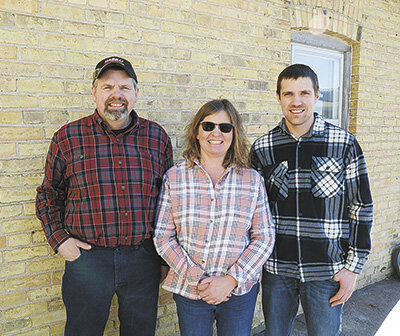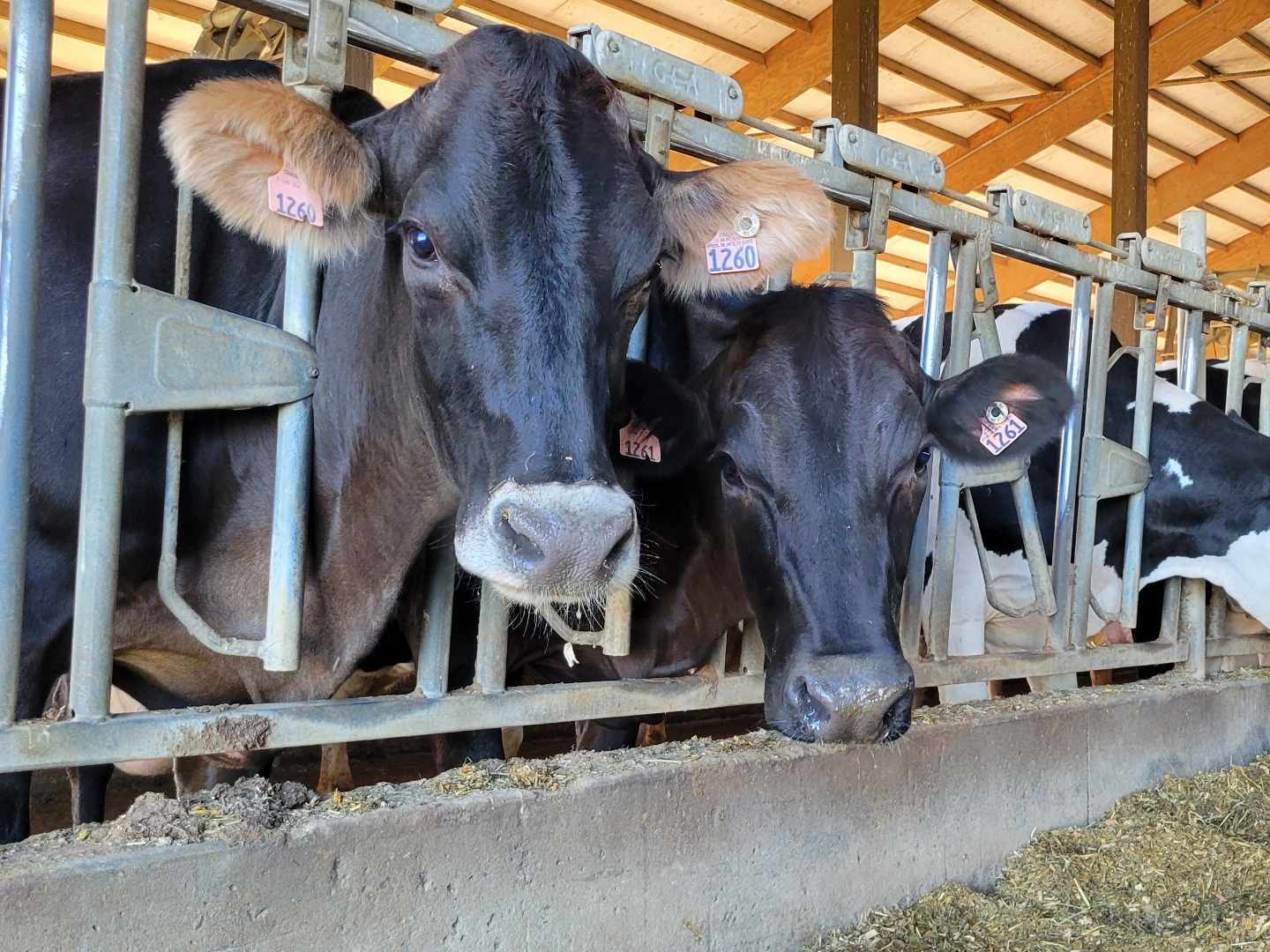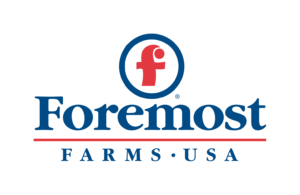Payne Farms Dairy sprawls across the southeastern landscape near Sullivan, Wisc. in Jefferson County. Along the rolling countryside, white and blue buildings dot the 300-acre property, with an additional 350 rented acres for crop rotation. On a clear day, the spires of Holy Hill Basilica and National Shrine add to the panoramic view.
Daryle Payne is a second-generation dairy farmer who grew up on the very farm he now stewards with his wife Tammy and son Brent. “I always knew this was what I was going to do,” said Daryle. He worked for his parents until their retirement, eventually buying and taking over the operation.
Approaching the 65th anniversary, the Payne family is embracing the future with a vision to make the farm more profitable and efficient. Last fall, they made a significant leap by upgrading from a double eight parlor to a robotic milking system. The 225 Holstein herd now voluntarily moves from the freestall barn to the robotic parlor for milking – which can be up to five times daily for higher producing cows. The robot handles all tasks, from sanitizing, washing, milking to the final sanitizing. “There was a big adjustment to get the cows acclimated to the robots – the younger cows were quicker to adapt while the older milkers took more convincing but have caught on,” Daryle noted, highlighting the successful transition.
The major investment is already yielding returns, notably less time milking. “I can now dedicate myself to other aspects of the dairy operation, including planting and fieldwork,” remarked Daryle. Plus, the labor savings are significant. “We don’t have to rely on outside help anymore and can maintain all labor within the family.” Tammy enjoys tending to the calves, while Brent manages the robotic milking system. Activity trackers give real-time health updates, allowing for quicker reaction times to various needs, including calving alerts. Automatic manure scrapers keep the freestall barn clean for cow comfort and biosecurity.
The implementation of technology at Payne Farms Dairy allows the family to be more resourceful in both prevention and reactions. However, they also recognize the value of traditional farming practices. Daryle utilizes the large acreage to plant rotating crops of corn, soybeans and alfalfa. The Payne family is adamant about protecting the soil health with reduced tillage practices and planting contour strips on the hills that are more susceptible to erosion, ensuring a sustainable future.
The Payne family has been with Foremost Farms “since the beginning.” “We count on Foremost Farms to be there and take us in the right direction.” Having milk security is a big thing, knowing there is a secure spot for the milk to go when the milk truck pulls in makes you feel better, Daryle mentioned.
A lot has changed since the farm’s inception, but the Paynes are adamant about weaving in the traditional with the new. “There are always challenges in farming; some days, there are more than others,” Daryle noted. Leaning into their strong family unit helps spread the decision-making. They trust each other to make the best decisions for their farm and herd health. With this, the farming roots continue to grow deeper for generations.

Photo Credit: Dairy Star

Fun fact: The Payne farm has a set of twin Holstein Swiss on the farm – they can be found together eating, relaxing and napping.
